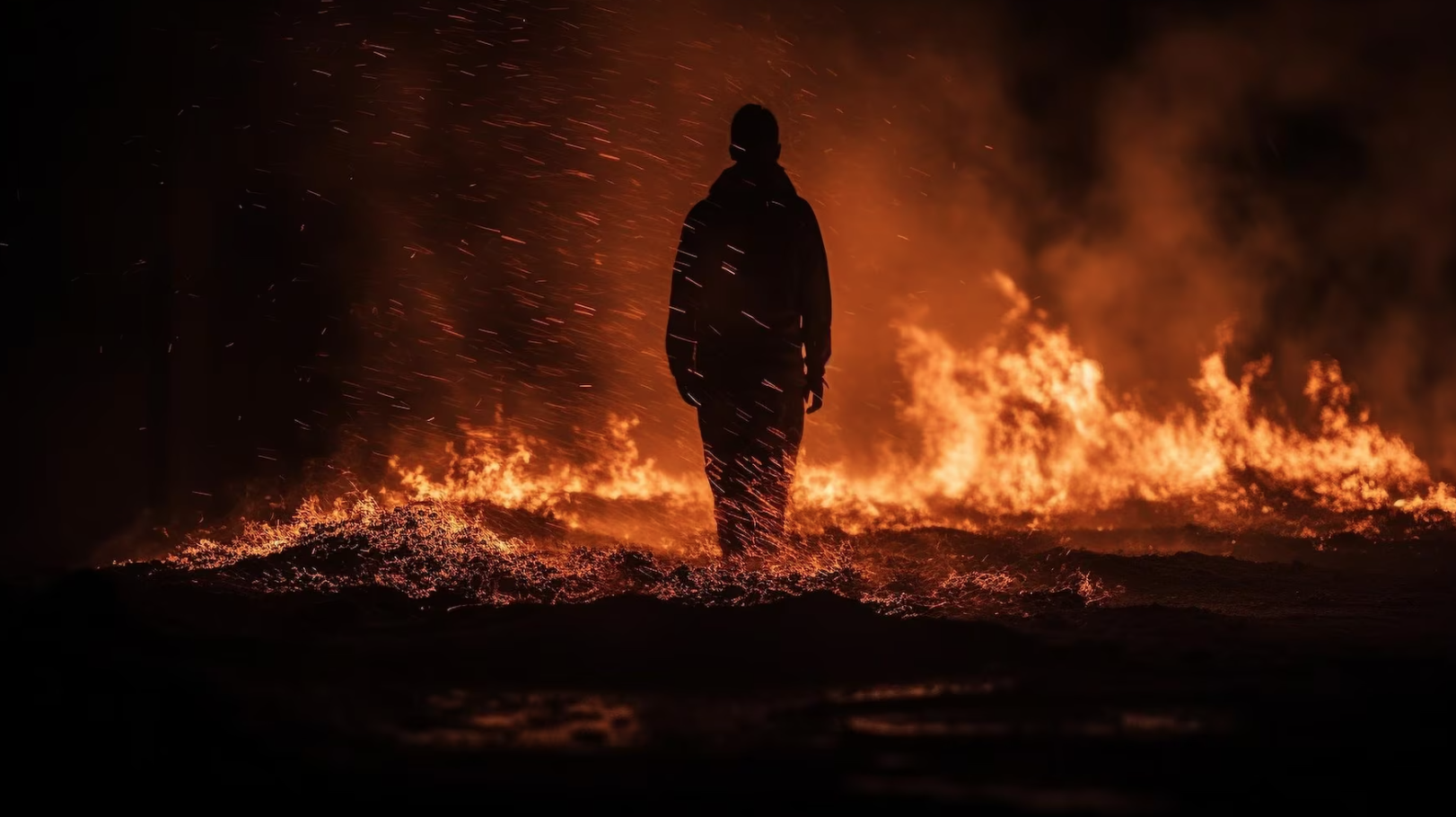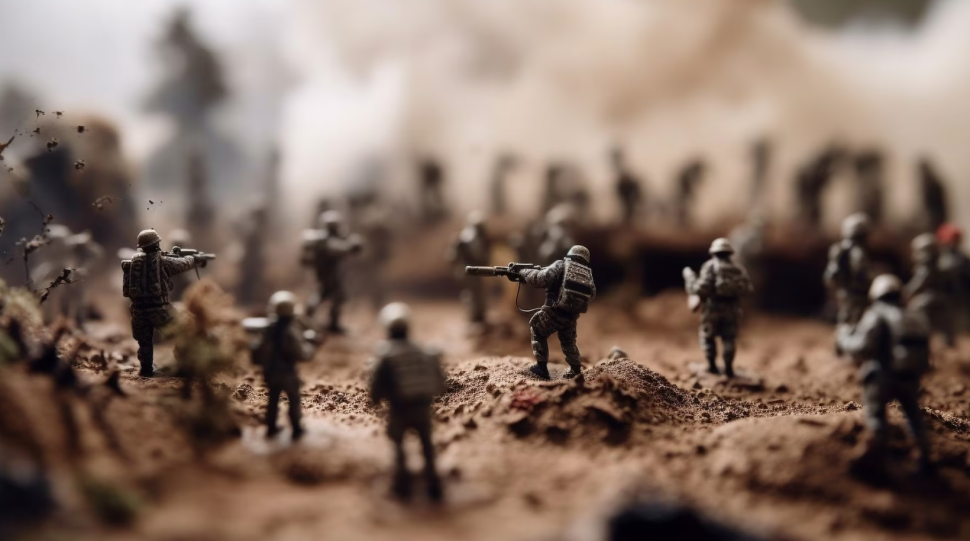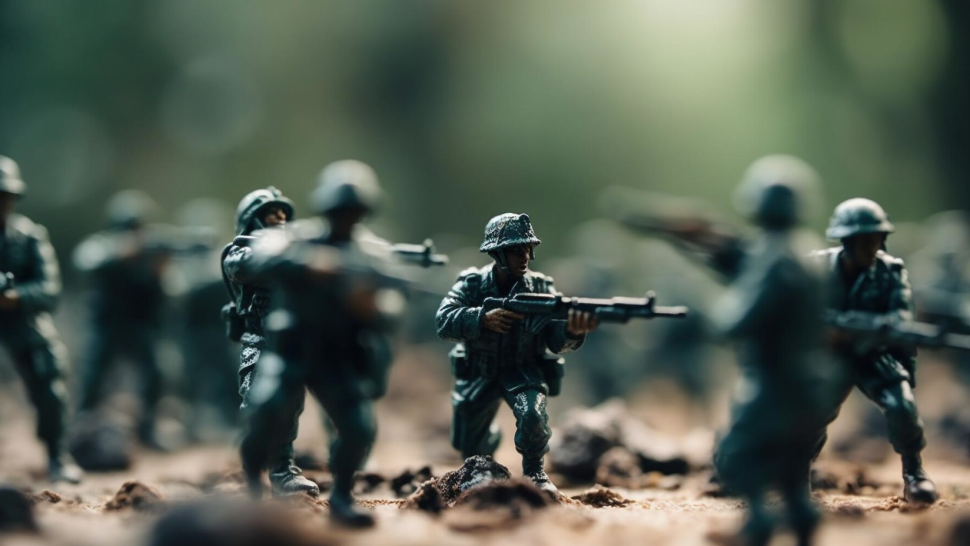Confronting Genocide: Seeking Accountability and Justice

Genocide stands as one of the most heinous crimes against humanity, characterized by the deliberate intent to destroy, in whole or in part, a national, ethnic, racial, or religious group. The Center for Justice and Accountability (CJA) has been instrumental in holding perpetrators accountable for these grave violations through landmark cases such as the Guatemala Genocide Case and the Khmer Rouge Trials.

The international community's recognition of genocide as a punishable crime emerged in the aftermath of the Holocaust. The United Nations General Assembly passed a resolution in 1946, and in 1948, the Convention on the Prevention and Punishment of the Crime of Genocide was approved. This convention outlines acts such as killing, causing harm, imposing destructive conditions, preventing births, and forcibly transferring children, with the intent to destroy a targeted group.

In the Guatemala Genocide Case, CJA facilitated the testimony of over 40 indigenous Guatemalans in Madrid, providing the first opportunity for Maya survivors to share their experiences and seek justice for the atrocities committed during Guatemala's "Silent Holocaust." When the government of Guatemala agreed to prosecute former President Efraín Ríos Montt for genocide, CJA supported the prosecution by providing expertise, witnesses, and evidence.

Another significant endeavor involved CJA's involvement in the Khmer Rouge Trials, representing Cambodian-Americans who survived the brutal campaign of violence orchestrated by the Khmer Rouge regime. The trials resulted in the conviction of top-tier Khmer Rouge leaders, including Nuon Chea and Khieu Samphan, for crimes against humanity. The extensive citation of CJA's plaintiffs in the court's opinion demonstrated the organization's vital contribution to the pursuit of justice.

Challenges persist in the fight against genocide. Obtaining evidence, ensuring witness protection, and overcoming legal and political obstacles are among the hurdles faced in holding perpetrators accountable. However, CJA's dedication to building legal frameworks, supporting survivors, and advocating for justice has paved the way for progress.
In the United States, CJA played a significant role in advocating for the Genocide Accountability Act, empowering the Department of Justice to prosecute individuals residing in the United States suspected of committing acts of genocide.

To contribute to ending genocide and promoting accountability, individuals can support organizations like CJA, raise awareness about ongoing genocidal acts, and advocate for stronger legal frameworks and international cooperation. It is through collective efforts that we can ensure justice for the victims, prevent future genocides, and uphold the dignity and rights of all.

Sources
- Center for Justice and Accountability (CJA) - Official Website: https://cja.org/
- United Nations - Convention on the Prevention and Punishment of the Crime of Genocide: https://www.un.org/en/genocideprevention/genocide.shtml
- United States Holocaust Memorial Museum - What is Genocide?: https://www.ushmm.org/genocide-prevention/learn-about-genocide/what-is-genocide
- Extraordinary Chambers in the Courts of Cambodia - Official Website: https://www.eccc.gov.kh/en
- Human Rights Watch - Genocide, War Crimes, and Crimes against Humanity: https://www.hrw.org/topic/international-justice/genocide-war-crimes-and-crimes-against-humanity









